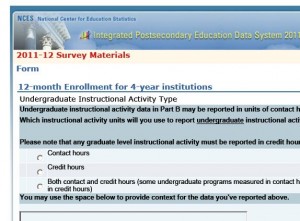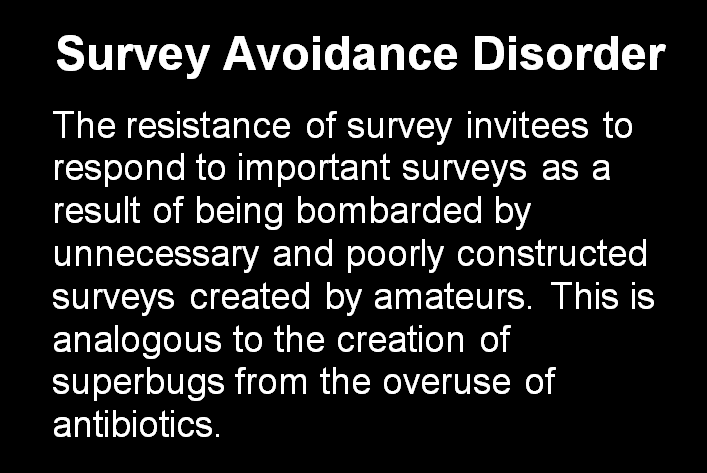From one of my favorite blogs, Stats With Cats by Charlie Kufs:
Month: July 2012
The Importance of IPEDS
 The IR responsibility of providing summary data to the federal government through the Integrated Postsecondary Education Data System (IPEDS) sounds like as much fun as completing tax forms. And as a matter of fact that analogy pretty much captures it! It’s an obligation of all institutions that participate in any kind of Title IV funding programs (federal student financial aid), which means that like death and taxes, it affects just about all of us. Assembling and providing this information is not always easy, but it’s a responsibility that we take very seriously, and we do our best to work effectively with our colleagues internally so that we provide the most accurate data possible.
The IR responsibility of providing summary data to the federal government through the Integrated Postsecondary Education Data System (IPEDS) sounds like as much fun as completing tax forms. And as a matter of fact that analogy pretty much captures it! It’s an obligation of all institutions that participate in any kind of Title IV funding programs (federal student financial aid), which means that like death and taxes, it affects just about all of us. Assembling and providing this information is not always easy, but it’s a responsibility that we take very seriously, and we do our best to work effectively with our colleagues internally so that we provide the most accurate data possible.
I recently attended a workshop to become a “trainer” for IPEDS. The Association for Institutional Research (AIR) works with the National Center for Educational Statistics (NCES) to provide training and support for both submitting data and using the data that NCES makes available to the public. It’s a really wonderful program of online tutorials, face-to-face workshops, and other activities that promote understanding of this important resource, and I’m excited about being involved. I’ve always been a girl scout about this stuff anyway, but the workshop reinforced just how valuable and PUBLIC! a resource this is. Once submitted (and after the agency’s review and consistency checking) this information becomes available to the public through the IPEDS Data Center. That means that anyone can use it …and they do! Policy analysts, legislators, reporters, grant agencies, prospective students, administrators at peer institutions, accreditors, job-seekers, higher education researchers, the list is endless. The accuracy of data can reflect on individual institutions – you really don’t want to show up on the U.S. Department of Education’s list of institutions with the fastest increasing tuition because you couldn’t be bothered to double-check your numbers – but it also has implications for policy, research conclusions, and many other decisions that affect the higher education community.
